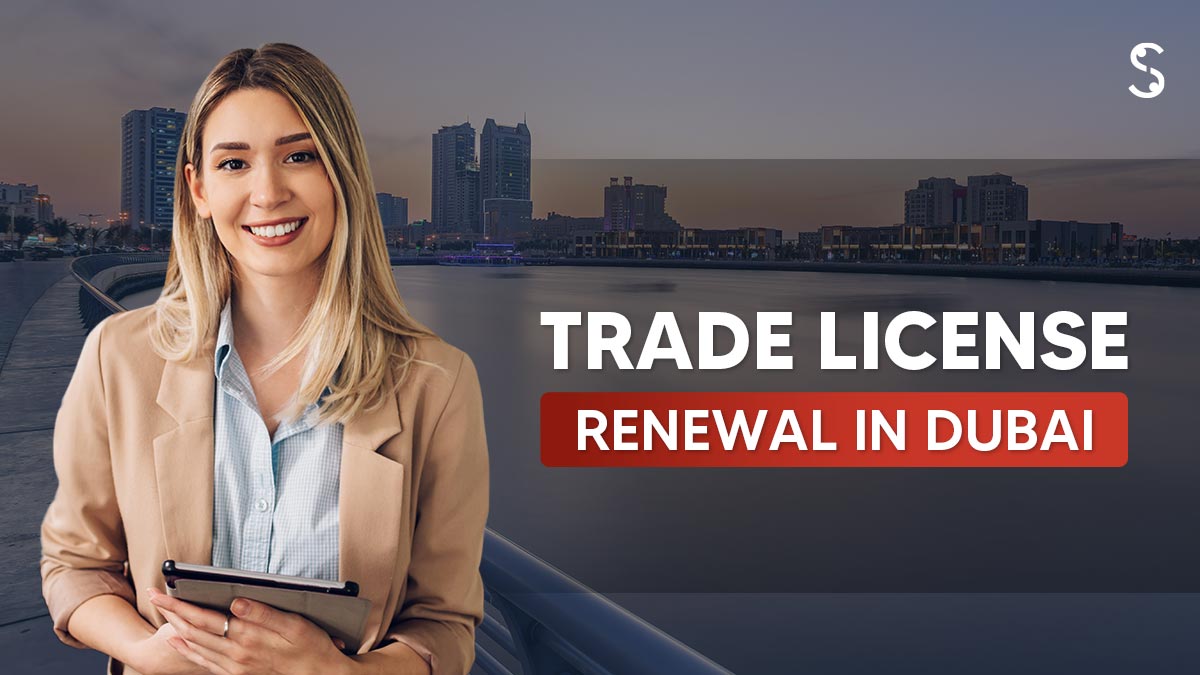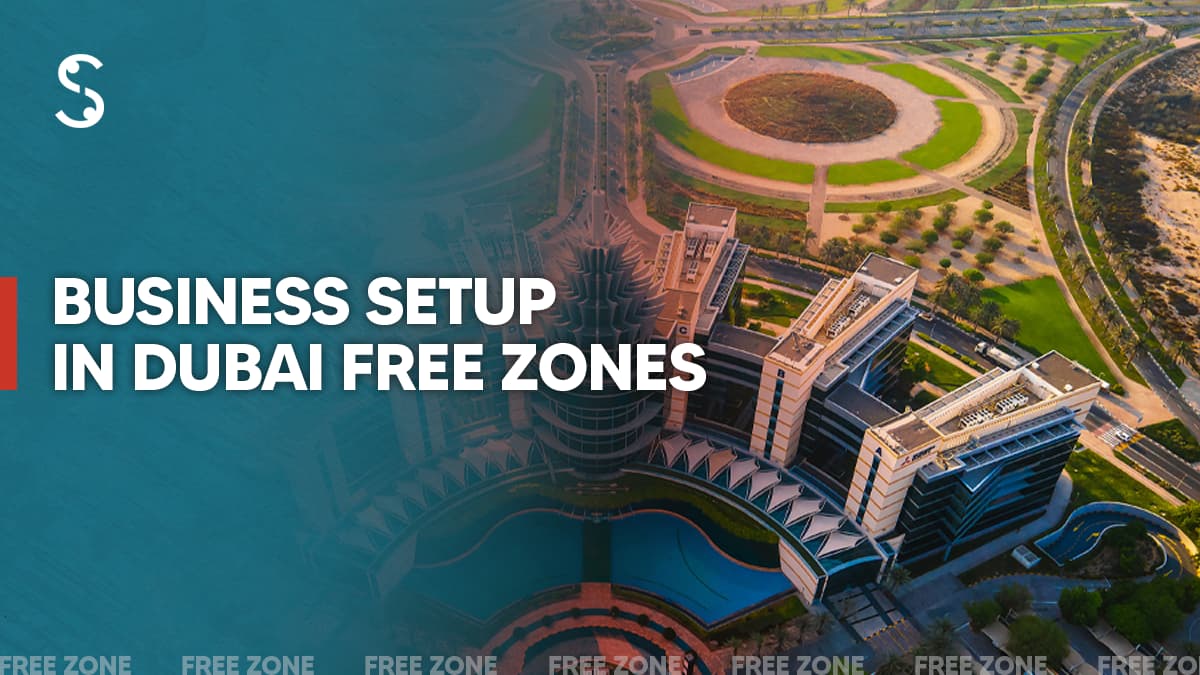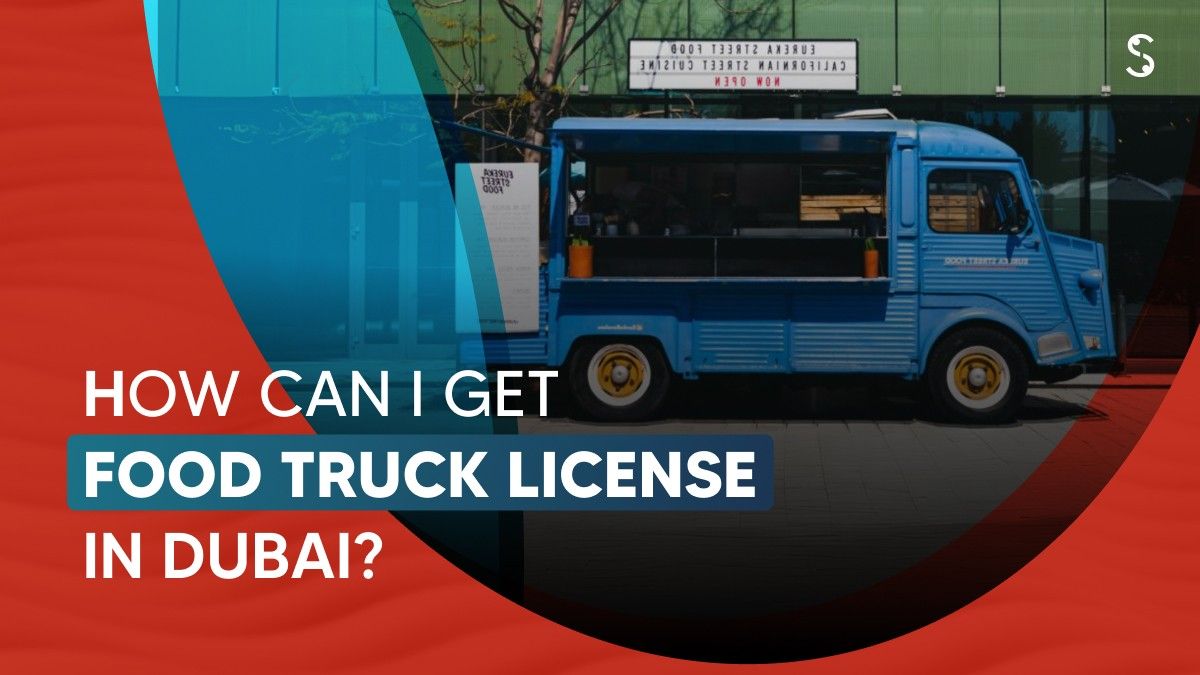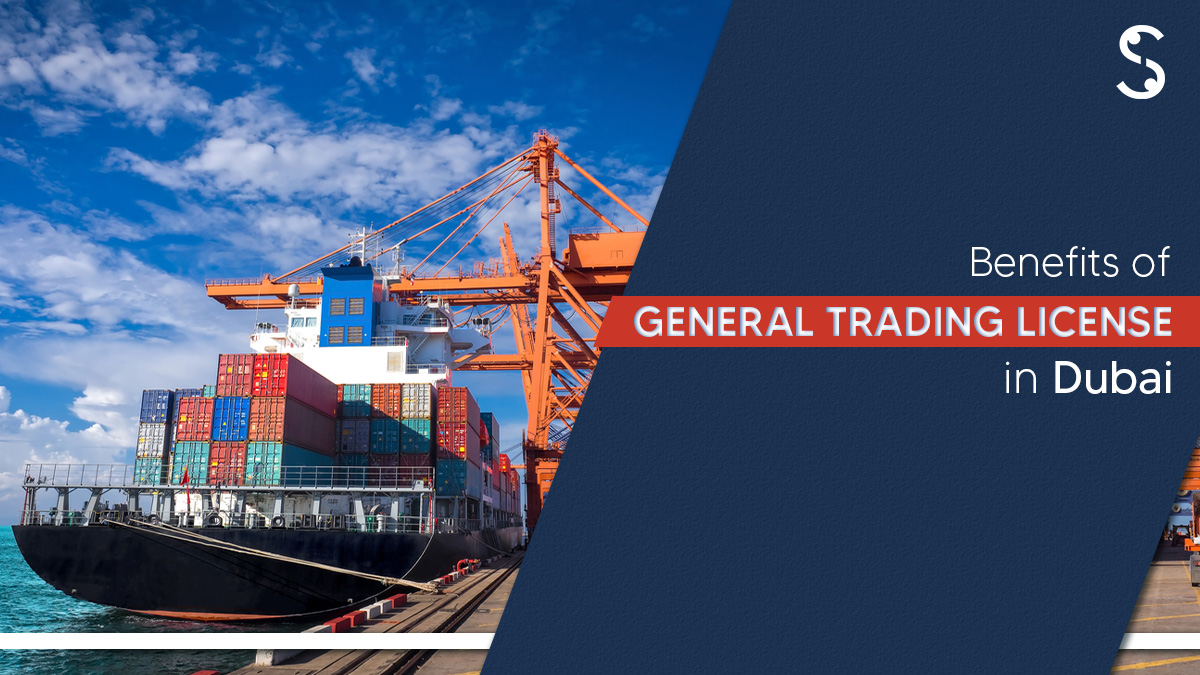Trade License Renewal in Dubai
Renewing your trade license in Dubai is crucial to keeping your business compliant and operational. The renewal process ensures that your company adheres to legal regulations and avoids penalties or business disruptions. Whether you run a startup or an established enterprise, timely trade license renewal helps maintain your business credibility and allows you to continue […]











